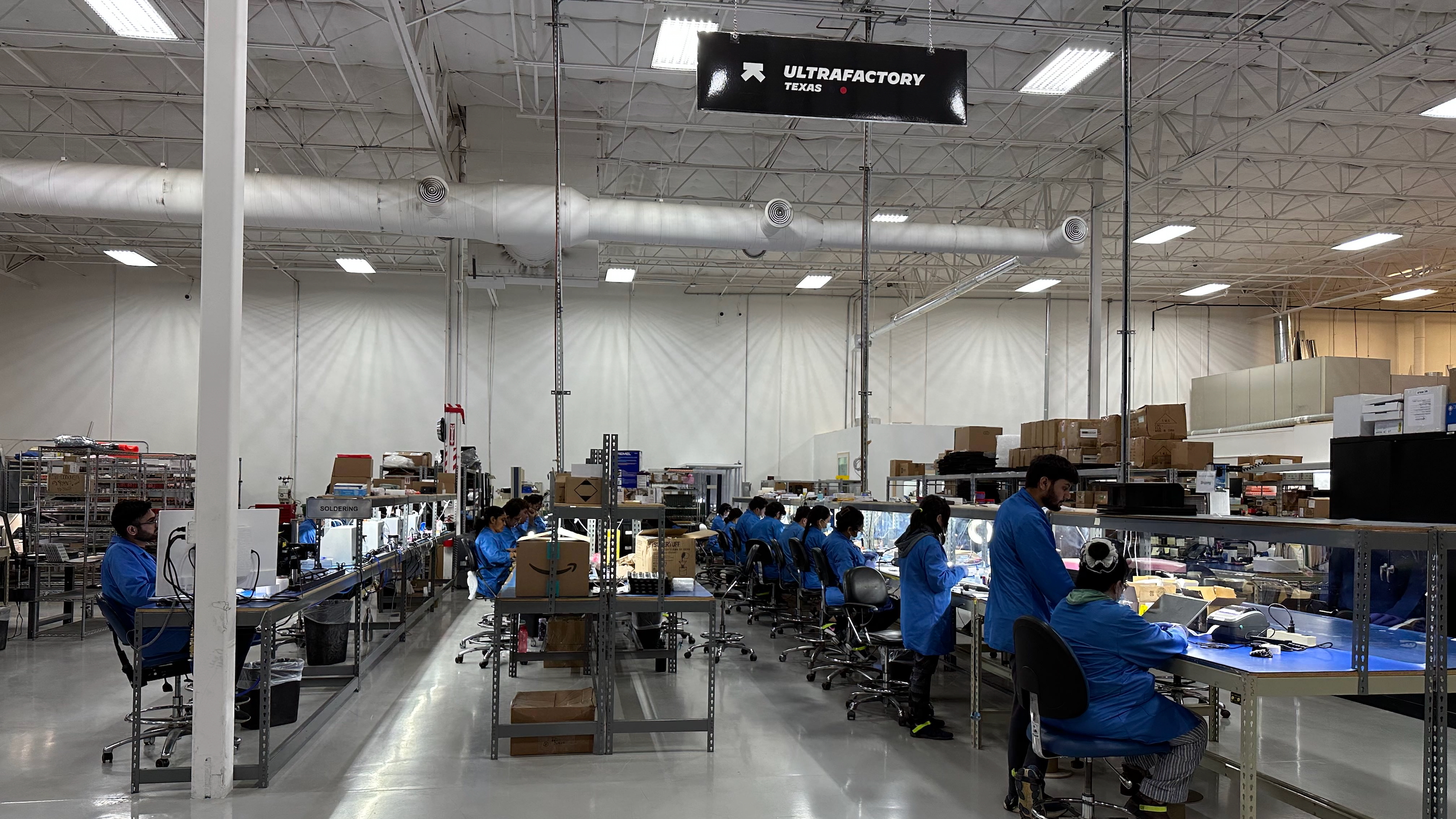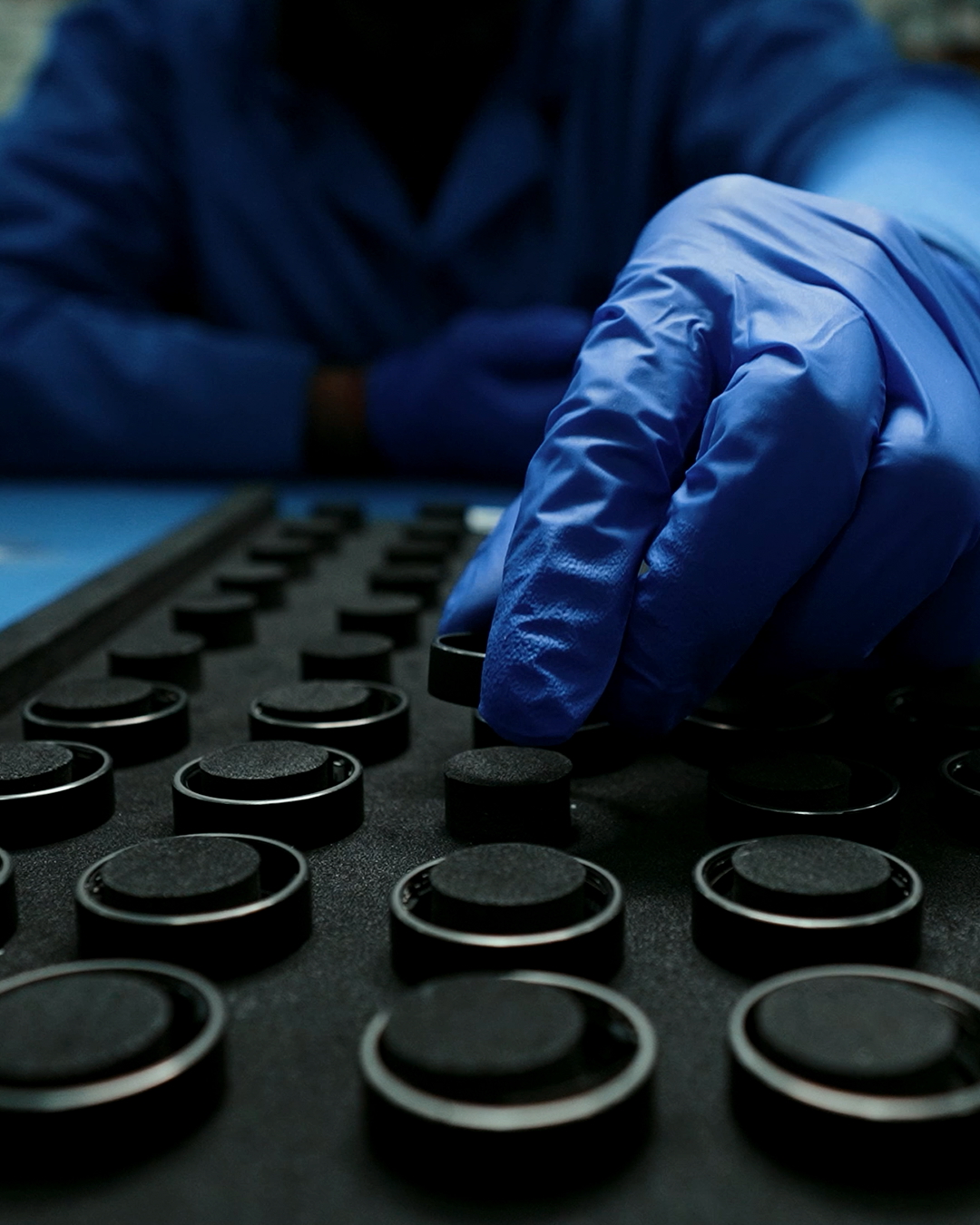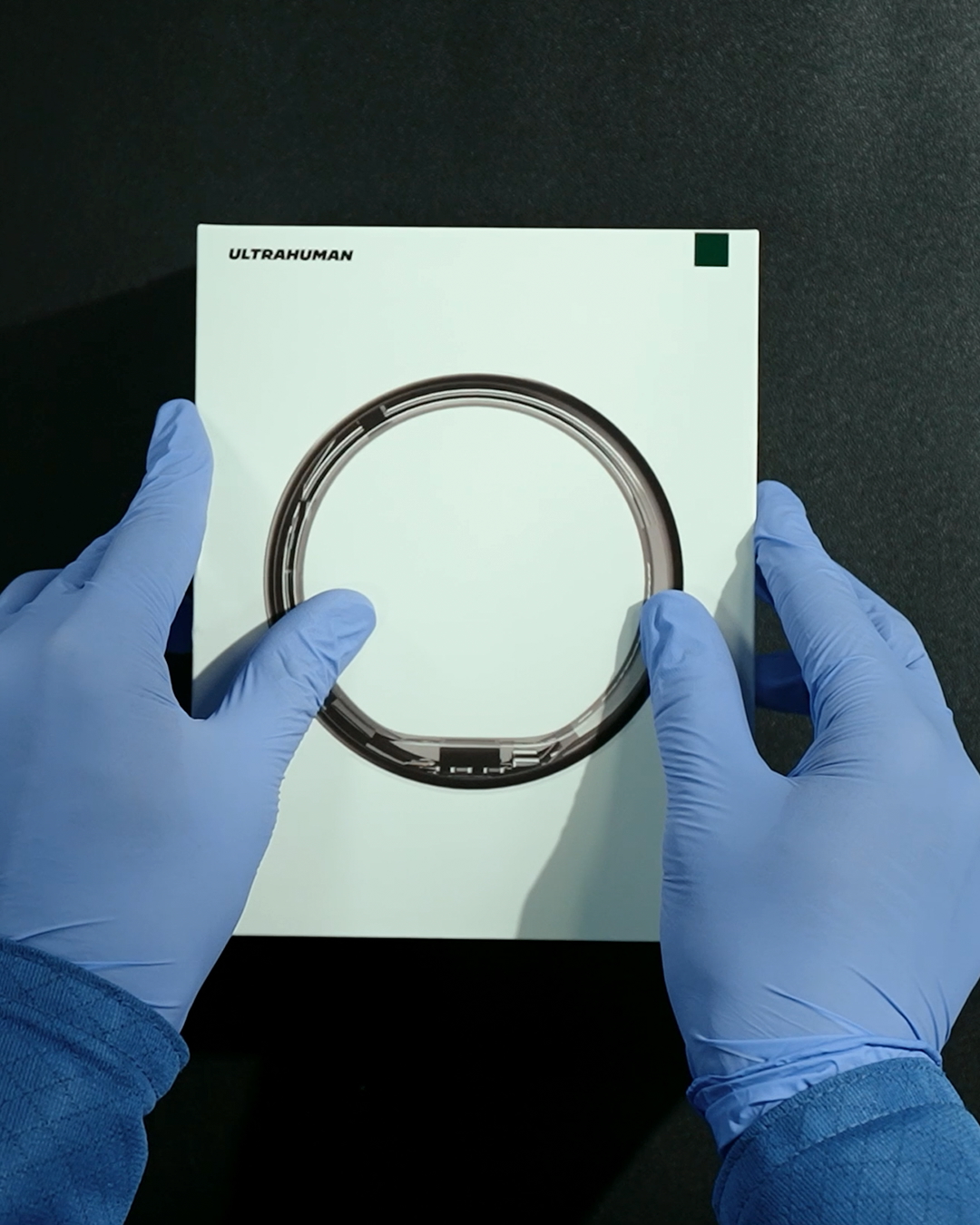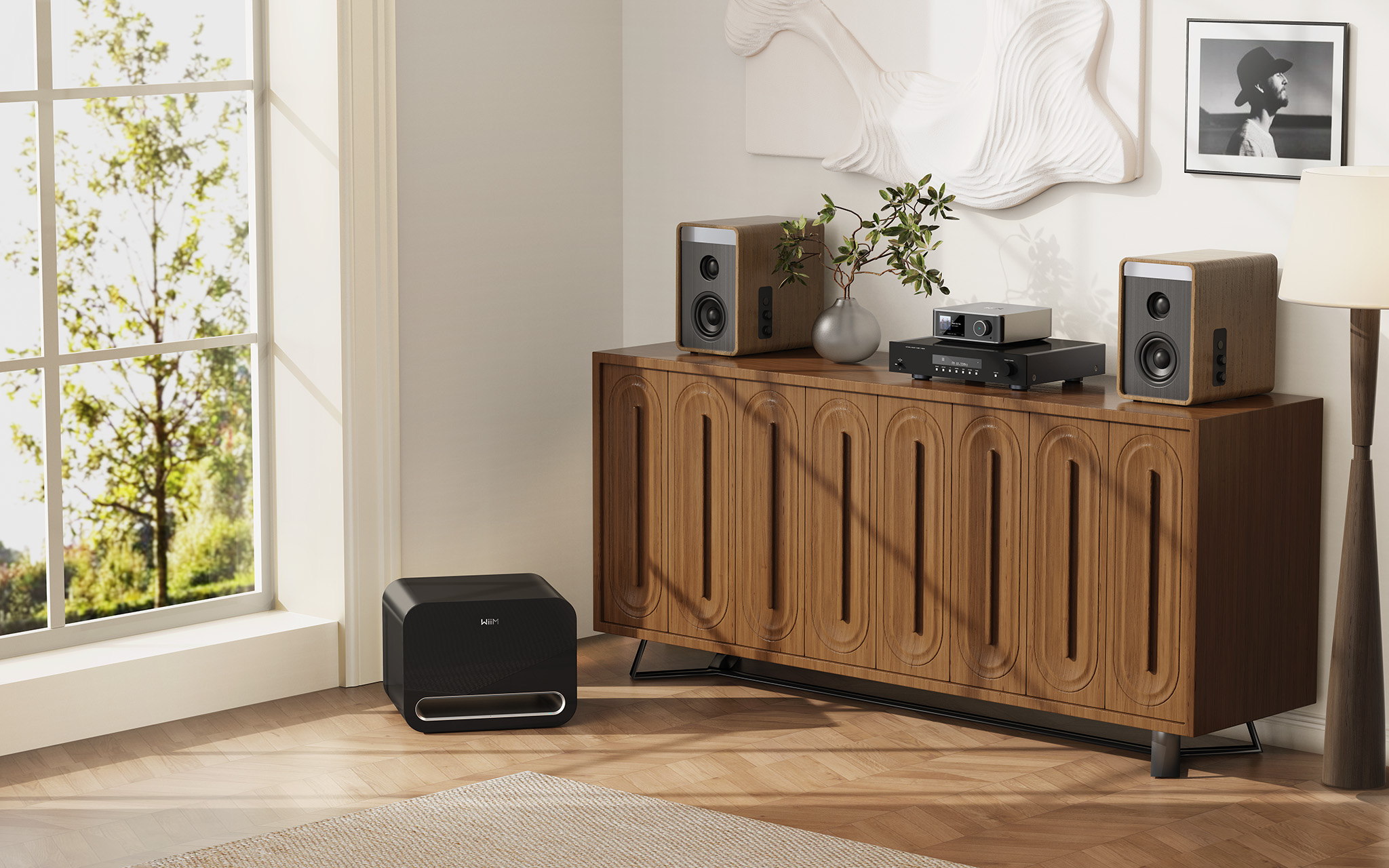Ultrahuman promises '100%' US Ring Air sales from Texas, despite Oura's ITC challenge
Ultrahuman hopes to create 500,000 Ring Air units annually at its SVTronics "UltraFactory" in Plano, Texas, for "increased reliability."

What you need to know
- Ultrahuman says its new "UltraFactory" facility in Texas will "soon scale its production" to 500,000 Ring Airs per year.
- SVtronics, a U.S.-based electronics manufacturer, partnered with Ultrahuman last November to open the facility.
- Oura recently disputed Ultrahuman's claims of a Texas-based facility in its ITC case against the company, as part of a patent dispute.
India-based smart ring brand Ultrahuman has announced plans to produce 100% of its popular Ring Air devices for U.S. customers in its Texas "UltraFactory" by the end of 2025, showing no signs of slowing down despite its current legal hurdles.
While Ultrahuman says this facility currently produces 400 Ring Air units per day, the eventual goal is to "soon scale its production to more than half a million units annually" — or at least 1,370 per day — so that it no longer needs to import any smart rings from India.
"The UltraFactory in Plano, Texas, allows us to deliver products faster, enhance quality control, and further strengthen our commitment to American consumers to bring them cutting-edge health technology," says Ultrahuman CEO Mohit Kumar.
The press release goes on to say that domestic smart ring production will ensure "faster shipping, better service, and increased reliability." It would also help Ultrahuman avoid any tariffs on ring sales, while creating "hundreds of high-skilled jobs" in Plano.
Ultrahuman is "doubling down" in spite of Oura's ITC lawsuit

Oura is trying to stop Ultrahuman and other smart ring makers from selling or importing their products in the United States. This announcement shows that Ultrahuman will stick to business as usual, unless the International Trade Commission (ITC) forces the issue.
A recent U.S. ITC judge ruled against Ultrahuman in favor of Oura over alleged patent infringements, though it was merely an initial determination. In that ruling, the judge disputed Ultrahuman's claims that it had a manufacturing facility in Texas, suggesting it had submitted slides with Photoshopped images of the Ultrahuman logo added to SVTronics facilities.
The judge called this a "concerning issue regarding Ultrahuman's credibility," and clearly, Ultrahuman hopes to refute this concern by publicly unveiling the UltraFactory as a real and productive facility.
Be an expert in 5 minutes
Get the latest news from Android Central, your trusted companion in the world of Android

In a blog post titled "So what’s the patent that Oura is suing everyone for?" Ultrahuman makes its case for why Oura's smart ring patent shouldn't apply to them, claiming it has a strong case to dispute the initial findings in post-review and that "70% of such proceedings result in invalidation of all challenged claims."
It then boasts about its Texas facilities as the "first-ever Smart ring manufacturing facility" in the United States and says it will "double down" on U.S. sales rather than preemptively accept the ruling.
Meanwhile, Oura's blog post praises the patent system as a "cornerstone of American innovation" and its "talented team members based in the U.S.," while decrying the "dishonest tactics" of its "foreign competitors." Clearly, both smart ring brands see value in looking as "American" as possible as this legal battle proceeds.
Ultimately, the ITC filing notes that Oura and competing brands like the Samsung Galaxy Ring have "the manufacturing capability to replace RingConn and Ultrahuman's accused products if they are excluded from the U.S. market." But given this UltraFactory announcement, Ultrahuman has no plans to cede its U.S. smart ring business just yet.

Michael is Android Central's resident expert on wearables and fitness. Before joining Android Central, he freelanced for years at Techradar, Wareable, Windows Central, and Digital Trends. Channeling his love of running, he established himself as an expert on fitness watches, testing and reviewing models from Garmin, Fitbit, Samsung, Apple, COROS, Polar, Amazfit, Suunto, and more.
You must confirm your public display name before commenting
Please logout and then login again, you will then be prompted to enter your display name.
